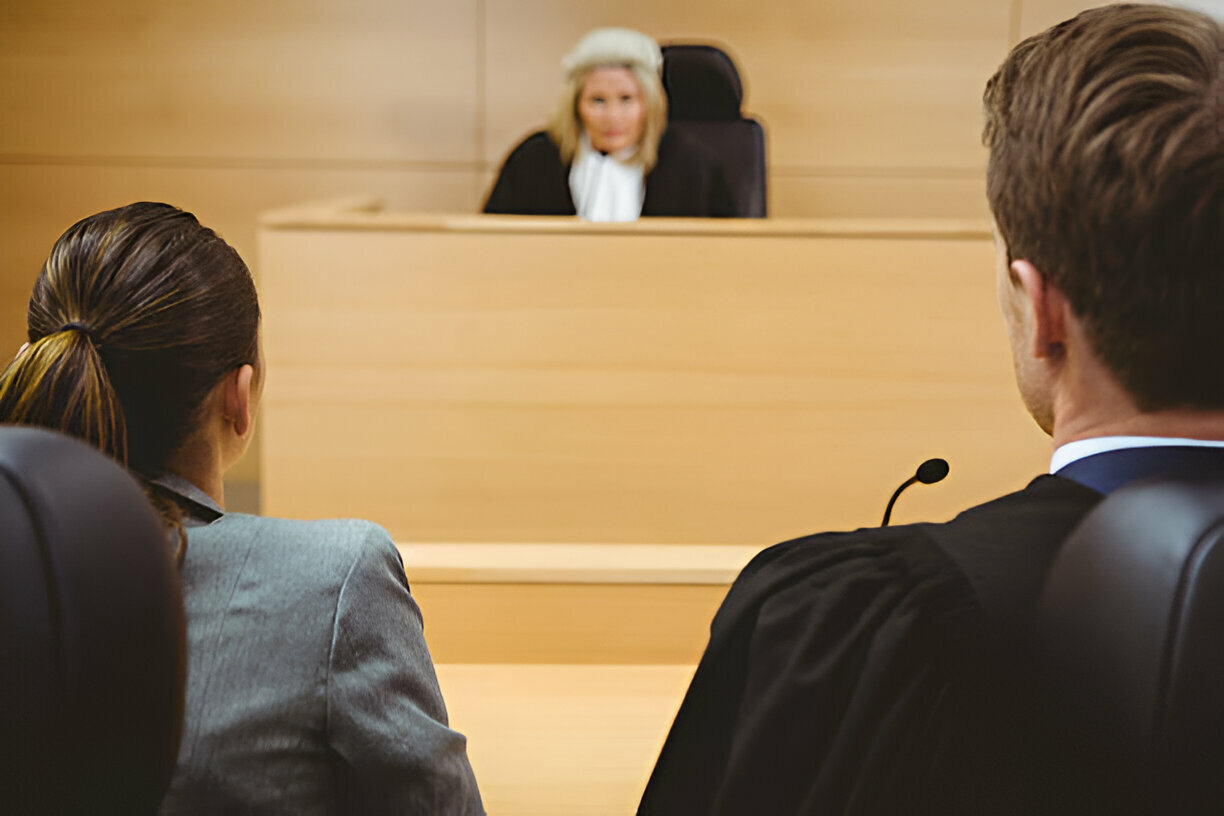In Canada, upon detention the Accused is eligible to a “ Show Cause Hearing” or a Bail hearing, which serves to determine whether the Accused should be released from custody while awaiting trial. This is an essential legal proceeding as it upholds the fundamental legal principle of presumption of innocence and ensures that pre-trial detention is justified only when necessary.
Under the Canadian justice system, the burden is upon the Crown prosecutor to justify detention on the balance of probabilities, except for cases where the offence in question is subject to a reverse onus. Bail decisions are governed by the Criminal Code, and are guided by principles established by the Supreme Court, notably the “ladder principle” from R v. Antic which emphasized the least restrictive means of release.
Factors Considered at Bail Hearings
Crown’s Submissions
At the hearing, the Crown lays down their case for continuing detention by emphasizing on several factors, including but not limited to:
- The seriousness of the offence(s);
- The criminal record of the Accused: Prior convictions or a history of failing to appear in court may affect outcome of the bail hearing;
- The accused’s risk of reoffending;
- The strength of the prosecutions case.
Defence’s Submissions
Consequently, there are several factors that the Defense Counsel may bring to the Court’s attention to justify the Accused’s release, such as:
- The Accused’s lack of criminal history;
- The Accused’s ties to the community, such as their employment, family ties as well as their social standing.
- The availability of reliable supervision to ensure the accused complies with all the conditions of their release, sometimes accompanied by a cash surety to signify the Accused’s commitment to the release conditions.
- Lack of credible evidence by the prosecution.
Upon taking into consideration all the submissions made before the Court may choose to grant bail to the Accused or deny bail and order the continuation of their detention.
Grounds to Deny Bail
Under Section 515(10) of the Criminal Code, the presiding judge may deny bail if any of the following three grounds are met:
Primary Grounds: Risk of Flight
Under S. 515(10)(aa) bail can be denied where the detention is necessary to ensure the Accused’s attendance in Court. The court will into consideration several factors about the Accused’s circumstance when making this determination, such as:
- The Accused’s local connections, roots in the community, citizenship, residence and history of employment in the community.
- The Accused’s character, their age, history of substance abuse, education, criminal record and ongoing associations with people with criminal records.
- Level of Potential supervision.
- Motives to flee such as outstanding criminal charges, possibility of lengthy sentence as well as possible links to criminal organizations.
Secondary Grounds: Risk of Re-offence
Under s. 515(10)(b) bail can be denied for the protection or safety of the public including any substantial likelihood that the accused will commit a criminal offence or interfere with the administration of justice. This determination can be made by considering the following questions:
- If released, is there a risk the accused will commit an offence?
- Does the magnitude of that risk amount to “substantial likelihood”, i.e. the consideration whether the risk of the accused committing another crime “ in the context of the circumstances of the offence with which he is charged and his personality”.
- Does that risk constitute a danger to public safety?
- Can that danger to public safety not be prevented or reduced to an acceptable level by bail conditions such as reporting to authorities, curfew, no-contact, mobility restrictions etc.
Tertiary Grounds: Public Confidence
Under s. 515(10)(c) bail can be revoked in order to maintain confidence in the administration of justice, having regard to all the circumstances including the apparent strength of the prosecution’s case, the gravity of the nature of the offence, the circumstances surrounding its commission and the potential for a legthy term of improvement.
The key consideration here is the effect of release on the confidence in the administration of justice. The release plan must be suitable to maintain public confidence.
Possible Conditions of Bail
Should the Court assess the submissions and direct the release of the accused, some or all of the following conditions may apply for release:
- No Contact orders to prohibit communication with a specific individual;
- Supervision by a competent surety;
- No possession of weapons such as firearms, knives or others.
- Electronic monitoring through GPS bracelets or any manner the court may see fit.
- Mandating regular reporting to a designated police station or probation officer.
Special Considerations
It is important to note that not every accused is equal in the eyes of the law, and some special consideration can be made by the court for members of vulnerable communities such as:
- Indigenous people and the systemic issues that may lead to criminality.
- Individuals with mental health or addiction issues; and
- Low income individuals.
If you or any of your loved ones are facing criminal charges and are looking at the prospect of a bail hearing, please contact Linh Pham Law at (306) 502-5987 and get in touch with an experienced Criminal Defence Attorney for a free consultation.

